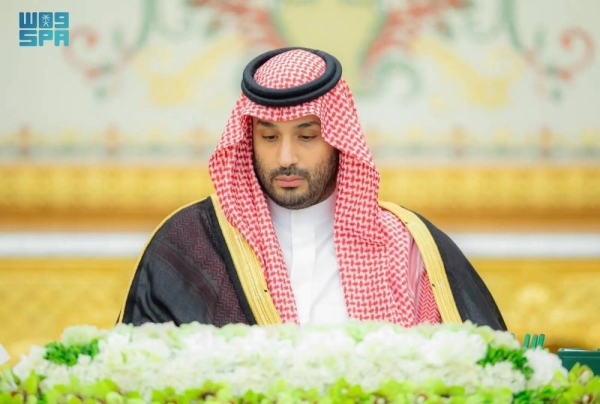Saudi Arabia joins Ramsar Convention to protect wetlands and biodiversity
Saudi Gazette report
RIYADH — Saudi Arabia, represented by the National Center for Wildlife (NCW), has officially joined the Ramsar Convention on Wetlands, marking a major milestone in its efforts to conserve environmental resources, natural habitats, and biodiversity while advancing environmental sustainability and supporting the national economy.
The Kingdom’s accession reflects the NCW’s leadership in developing comprehensive plans for wetland protection, including support for scientific research, monitoring, and ecosystem conservation. The center is coordinating with national partners to implement the Convention’s provisions across the country.
By joining Ramsar, Saudi Arabia aims to identify and manage sites eligible for the Ramsar List of Wetlands of International Importance and ensure their effective stewardship in line with international standards.
Wetlands are among the world’s richest ecosystems, hosting around 40% of Earth’s species and storing 30% of global carbon. They are vital for water, food, and medicine supply, energy production, climate regulation, agriculture, and ecotourism. They also serve as essential stopovers for migratory waterfowl crossing continents.
Dr. Mohammed Qurban, CEO of the NCW, said: “Wetland conservation directly impacts ecological balance, biodiversity protection, and sustainable development. Saudi Arabia’s accession to the Ramsar Convention is a strategic step that contributes to enhancing environmental and economic benefits.”
He reiterated the center’s commitment to global best practices in wetland conservation and rehabilitation, in alignment with the goals of Saudi Vision 2030 and the Saudi Green Initiative.
The Ramsar Convention, signed in 1971, is the world’s oldest international environmental treaty. It provides a global framework for national and cross-border cooperation in the conservation and sustainable use of wetlands and their resources. It covers various wetland types, including lakes, marshes, oases, estuaries, mangroves, coral reefs, and artificial sites such as reservoirs and rice fields.
Latest Saudi Gazette
- Riyadh suspends bike delivery orders temporarily on TuesdaySaudi Gazette reportRIYADH — The Transport General Authority (TGA) has informed delivery app companies that the online system for sending delivery requests to motorcycle riders will be suspended temporarily
- Crown Prince receives Al-Ahli football team and Paralympic gold medalist Al-QurashiSaudi Gazette reportRIYADH — Crown Prince Mohammed bin Salman received Al-Ahli players following their 2025 AFC Champions League Elite triumph, and Paralympic gold medalist Abdulrahman Al-Qurashi, in
- Emir of Kuwait receives IOC president, Saudi sports ministerSaudi Gazette reportKUWAIT — Emir of Kuwait Sheikh Meshal Al-Ahmad Al-Jaber Al-Sabah received International Olympic Committee (IOC) President Dr. Thomas Bach, IOC President-Elect Kirsty Coventry, and
- Saudi Arabia welcomes Trump's visit as it would bolster strategic partnership across diverse sectorsSaudi Gazette reportRIYADH — The Council of Ministers welcomed on Monday the official visit of US President Donald Trump to Saudi Arabia, expressing optimism that the visit would strengthen and expand
- CST: Volume of communications and technology market reaches SR180 billion in 2024Saudi Gazette reportRIYADH — The Communications, Space and Technology Commission (CST) revealed that the volume of the communications and technology market reached SR180 billion in 2024, with a compound
- 30% of listed firms on Saudi market are SMEs, says CMA chiefSaudi Gazette reportRIYADH — The chairman of the Capital Market Authority (CMA) Mohammed Al-Quwaiz highlighted the growing role of Saudi Arabia’s financial market in supporting small and medium-sized














